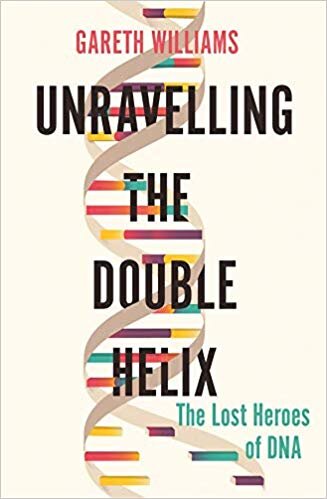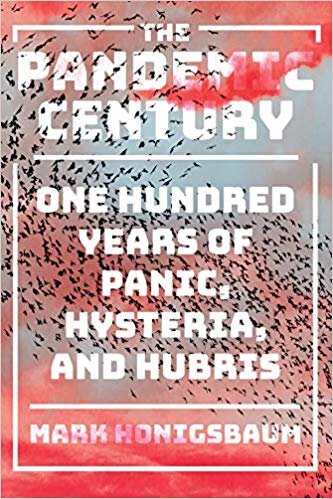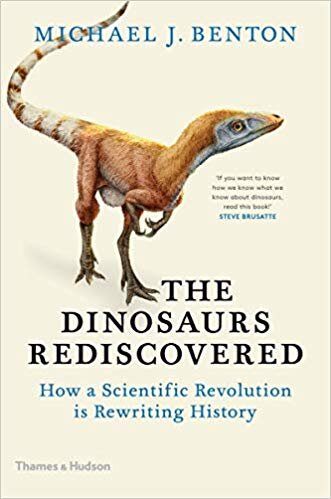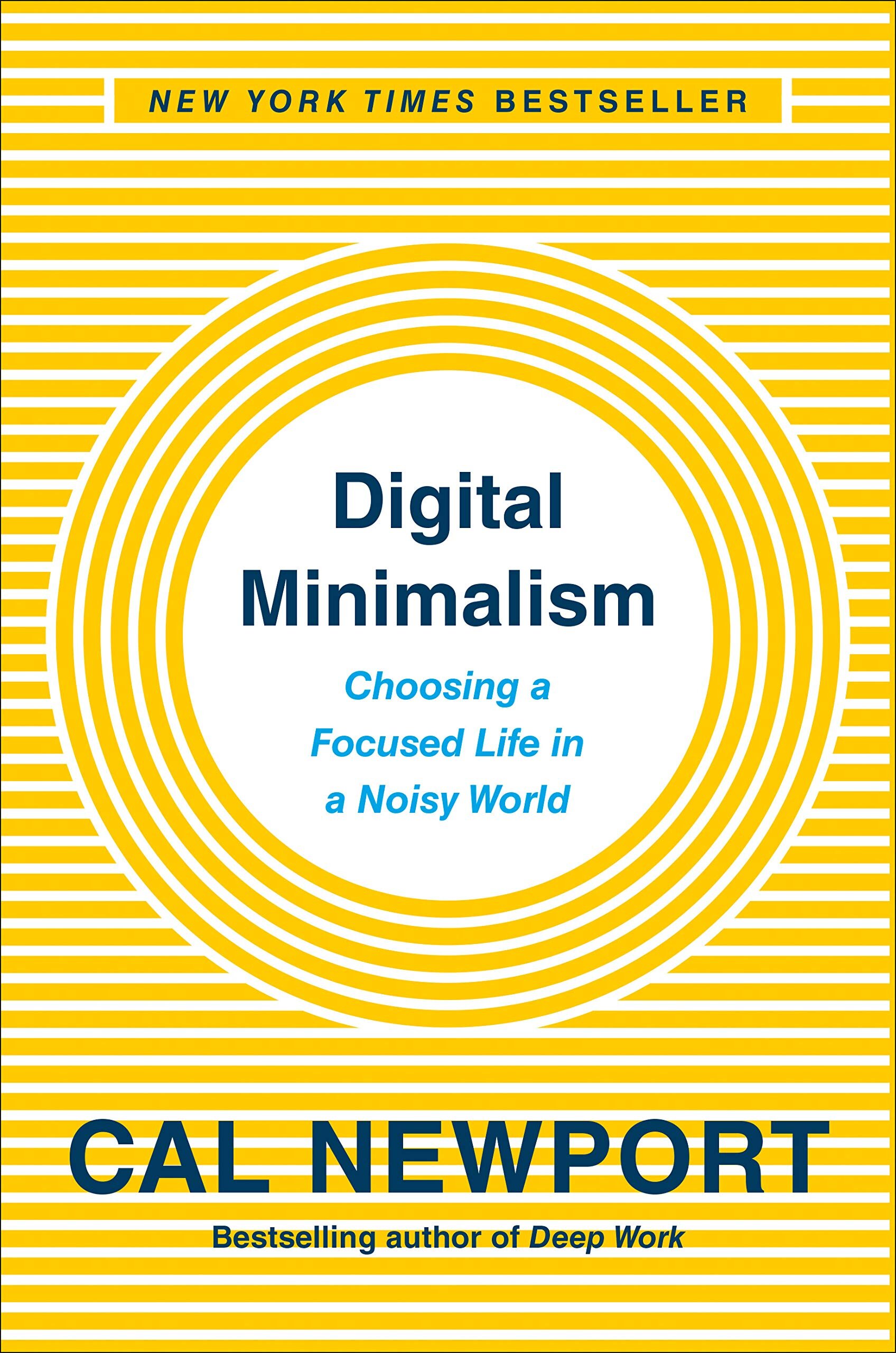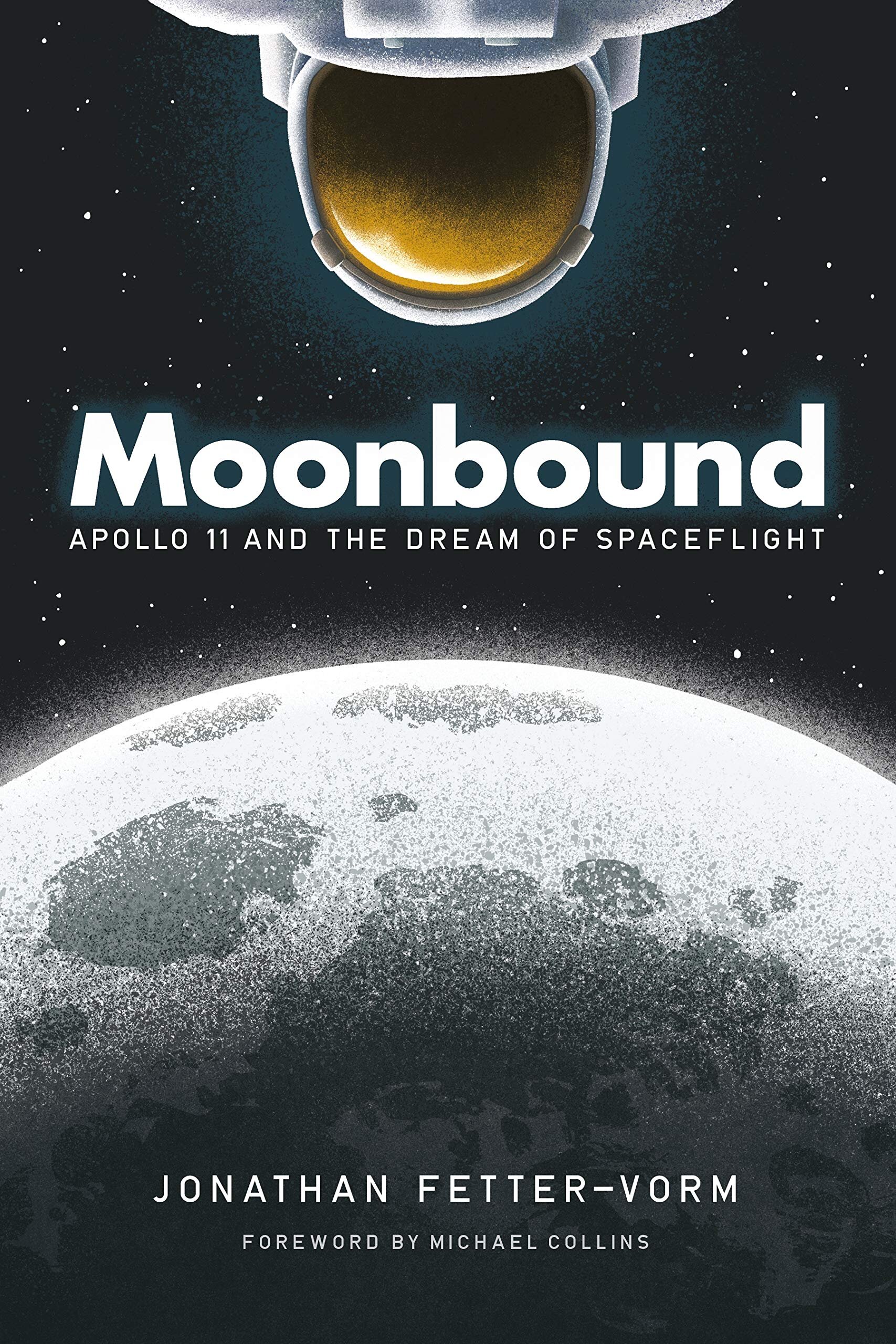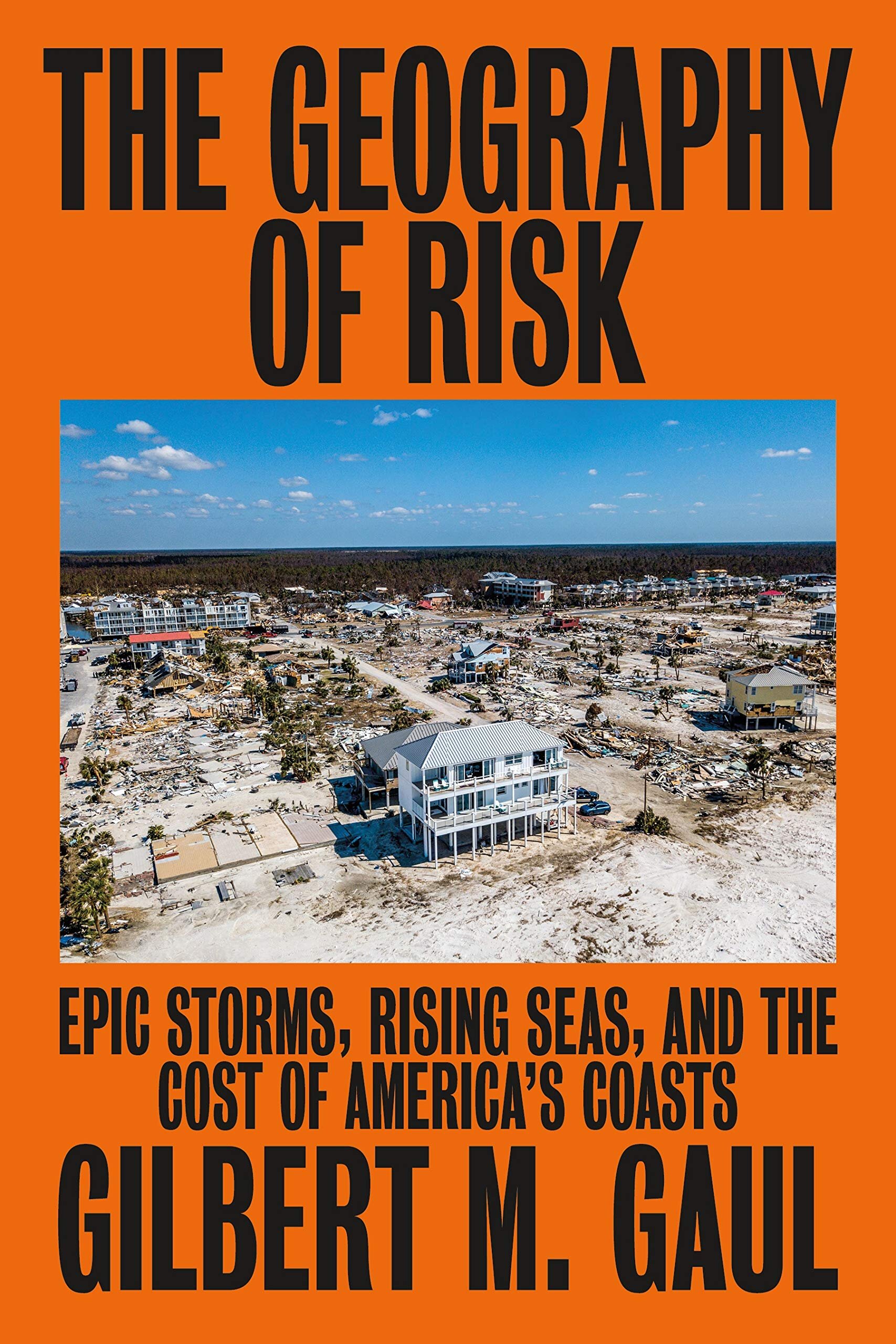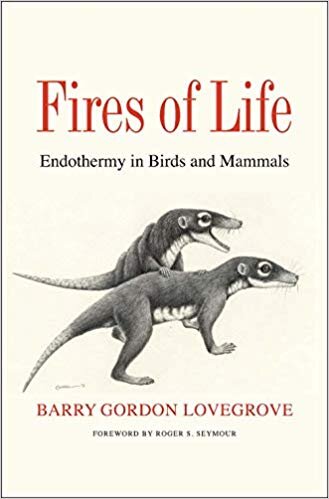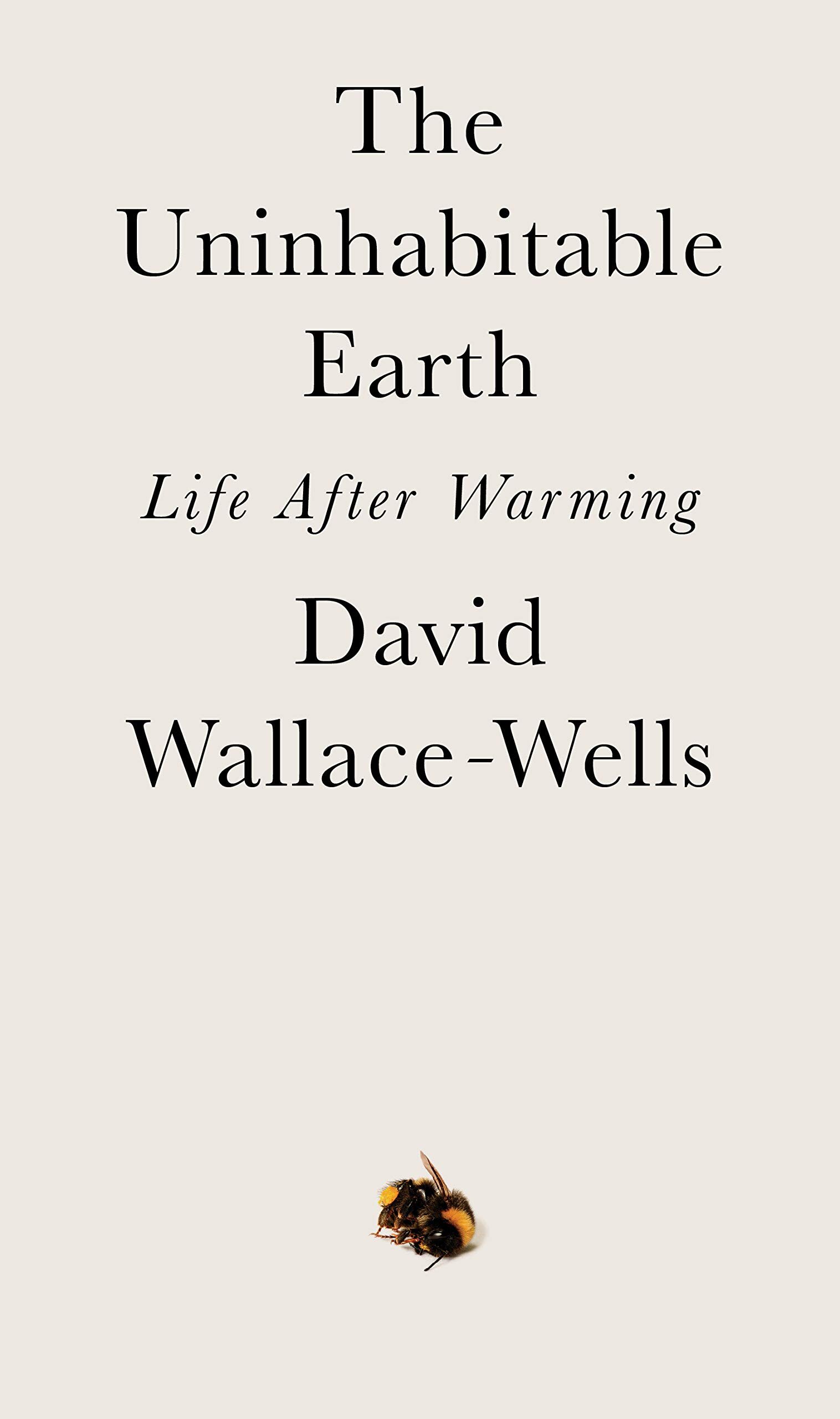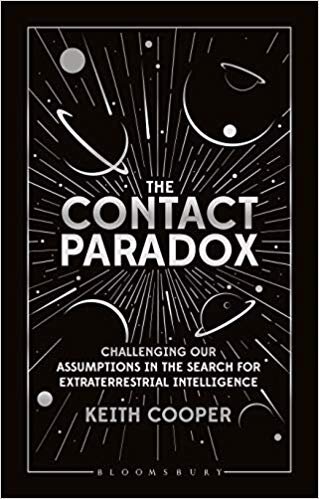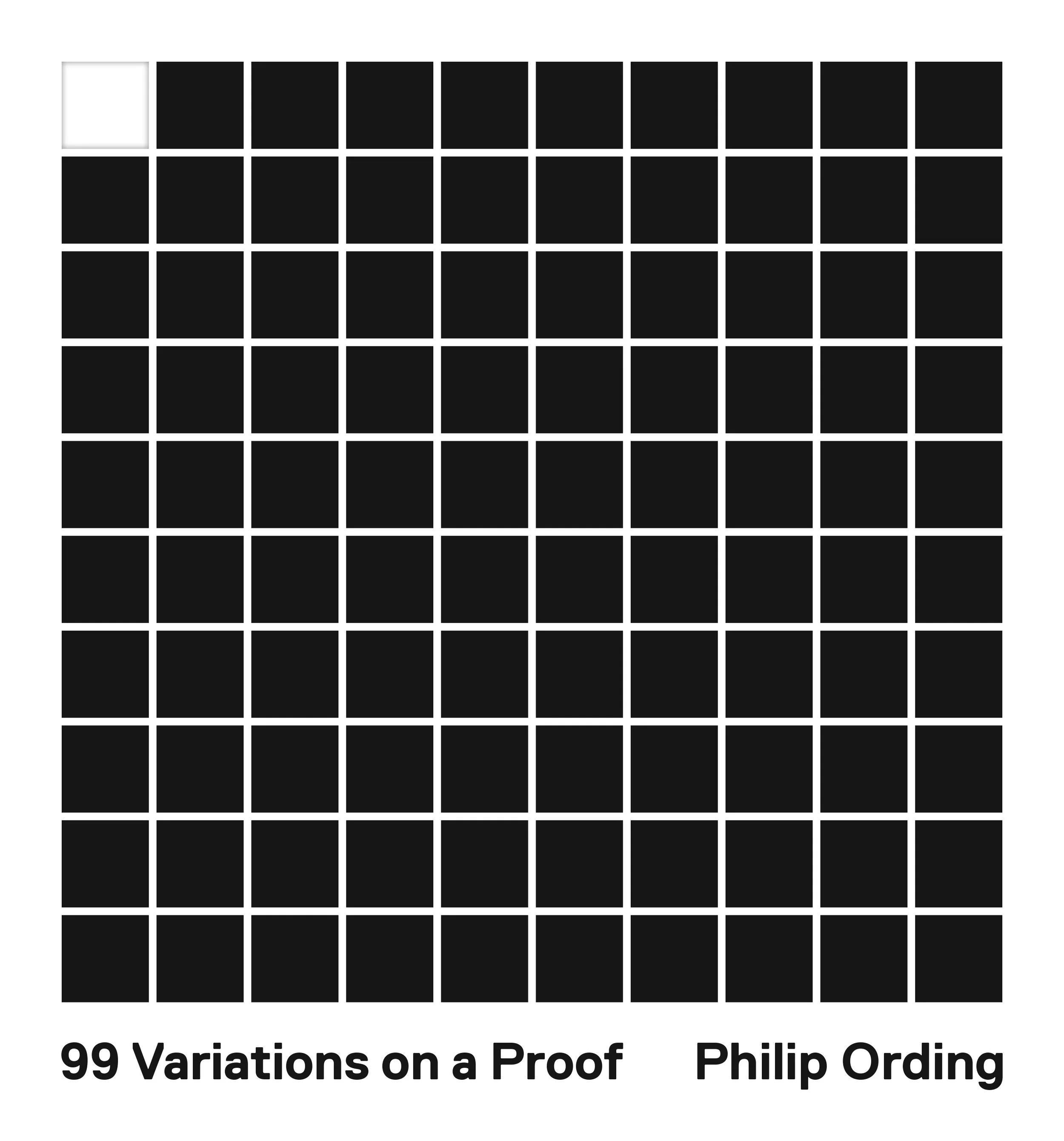The Best Books of 2019: Science!
/2019’s generous bounty of science and nature new releases was so great that it prompted mitosis: the splitting of one category into two separate categories. With all due recognition of the inevitable degree of overlap between the two, here are year’s best science titles:
10 Unravelling the Double Helix by Gareth Williams (Pegasus) - This well-written and surprisingly witty account of the long and complicated history of DNA’s discovery and decipherment is easily the best thing written on the subject for a popular audience since Siddhartha Mukherjee’s The Gene.
9 The Pandemic Century by Mark Honigsbaum (WW Norton) & Epidemics and Society by Frank Snowden (Yale) - The sound of a ticking clock is clearly audible in the background of these two terrific studies - one historical, one more current - of massive pandemics in human history; when the next pandemic inevitably strikes, will there be any humans left to appreciate the prescience buried in these volumes?
8 Dinosaurs Rediscovered by Michael Benton (Thames & Hudson) - It’s a very happy phenomenon that every year’s new releases is virtually guaranteed to feature at least one truly first-rate popular volume about dinosaurs, and that prize this year very much goes to this wonderfully inviting introduction by Michael Benton.
7 Digital Minimalism by Cal Newport (Portfolio) - Likewise every year there are bound to be Pollyanna-style books urging the masses to sever their Internet connections and unplug themselves like Neo in “The Matrix,” etc. Cal Newport’s book advocating digital detox is a welcomingly smart and thought-provoking addition to this odd group.
6 Moonbound by Jonathan Fetter-Vorm (Hull & Ward) - The publishing world pulled out the stops to commemorate the anniversary of the moon landings, and this fantastic graphic novel was outstanding even in that crowded field, full of all the personalities and drama of the great adventure.
5 The Geography of Risk by Gilbert Gaul (Farrar, Straus and Giroux) - The subject of radical climate change and its drastic effects features twice on this list, and Gilbert Gaul’s approach is the more granular of the two, analyzing in insightful detail the sheer defiant lunacy of post-Katrina building projects in some of the world’s most environmentally vulnerable spaces.
4 Fires of Life by Barry Gordon Lovegrove (Yale) - It takes a special kind of writer to make the subject of endothermy - living organisms producing their own body heat - even comprehensible to a general audience, and Barry Gordon Lovegrove is so skillful he not only does this but then upends the received view of the subject and winningly re-draws the board.
3 The Uninhabitable Earth: Life After Warming by David Wallace-Wells (Tim Duggan Books) - The list’s second book on radical climate change is also one of the starkest books ever written on that stark subject. In brilliant, relentless detail, David Wallace-Wells extrapolates just what the world would look like if even the more modest climate predictions happened.
2 The Contact Paradox by Keith Cooper (Sigma) - This eloquent, fascinating book likewise upends a standard assumption, in this case that humans would actually want to meet extraterrestrial intelligence. Whether you’re the planet’s biggest xenophobe or SETI’s biggest fan, Keith Cooper will both delight and challenge you in these pages.
1 99 Variations on a Proof by Philip Ording (Princeton) - The premise of this, the best science book of 2019, is even simpler than science: it’s math, specifically the many, many ways that math can be both challengingly do-it-yourself and mind-bogglingly opaque. Here is a proof and a bunch of variations that I’ll be grappling with for the rest of my natural life.

